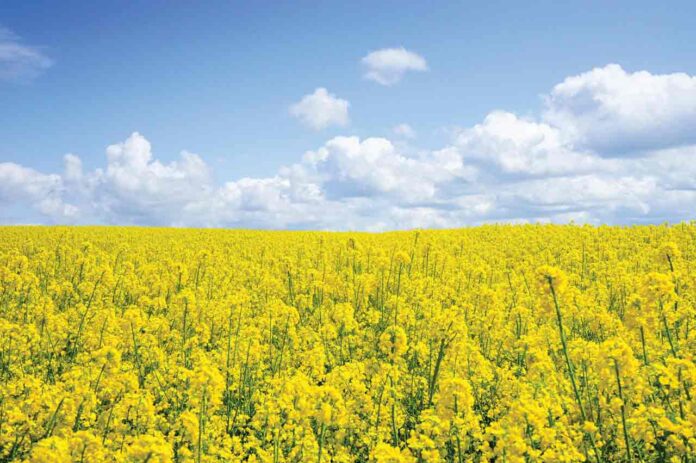
HAY fever (allergic rhinitis) is an allergic reaction to environmental allergens such as pollen, dust mites, mould and animal hair. Most people associate hay fever with springtime when airborne grass pollens are at their peak.
Your nose acts as a filter. The tiny hairs and mucus that line the nasal passages trap dust, pollens are other microscopic particles. Identifying the allergen/s causing your symptoms is an important part of managing hay fever. In some cases, triggers will be obvious, but in others your doctor will need to consider your medical history along with the results of an allergy test.
Symptoms include a runny or itchy nose, sneezing, and itchy or watering eyes. In some case, hay fever can be so severe that it may impact sleep or the ability to concentrate, and individuals may feel tired or unwell.

In many cases, antihistamine medications (such as tablets, sprays, or eye drops) will alleviate symptoms.
Severe cases may be helped with treatment of intranasal corticosteroid sprays (INCS) or combined intranasal corticosteroid and antihistamine sprays. Your GP or pharmacist can advise on the best treatment options.
To prevent or limit symptoms, minimise exposure to allergens by cleaning the home for dust mites, pet hair and mould, and by limiting time outdoors where allergens are present (such as after thunderstorms or around grass being mowed).
In an emergency, always call Triple Zero (000) or for non-urgent health information and advice, contact Nurse-on-Call at 1300 606 024.





